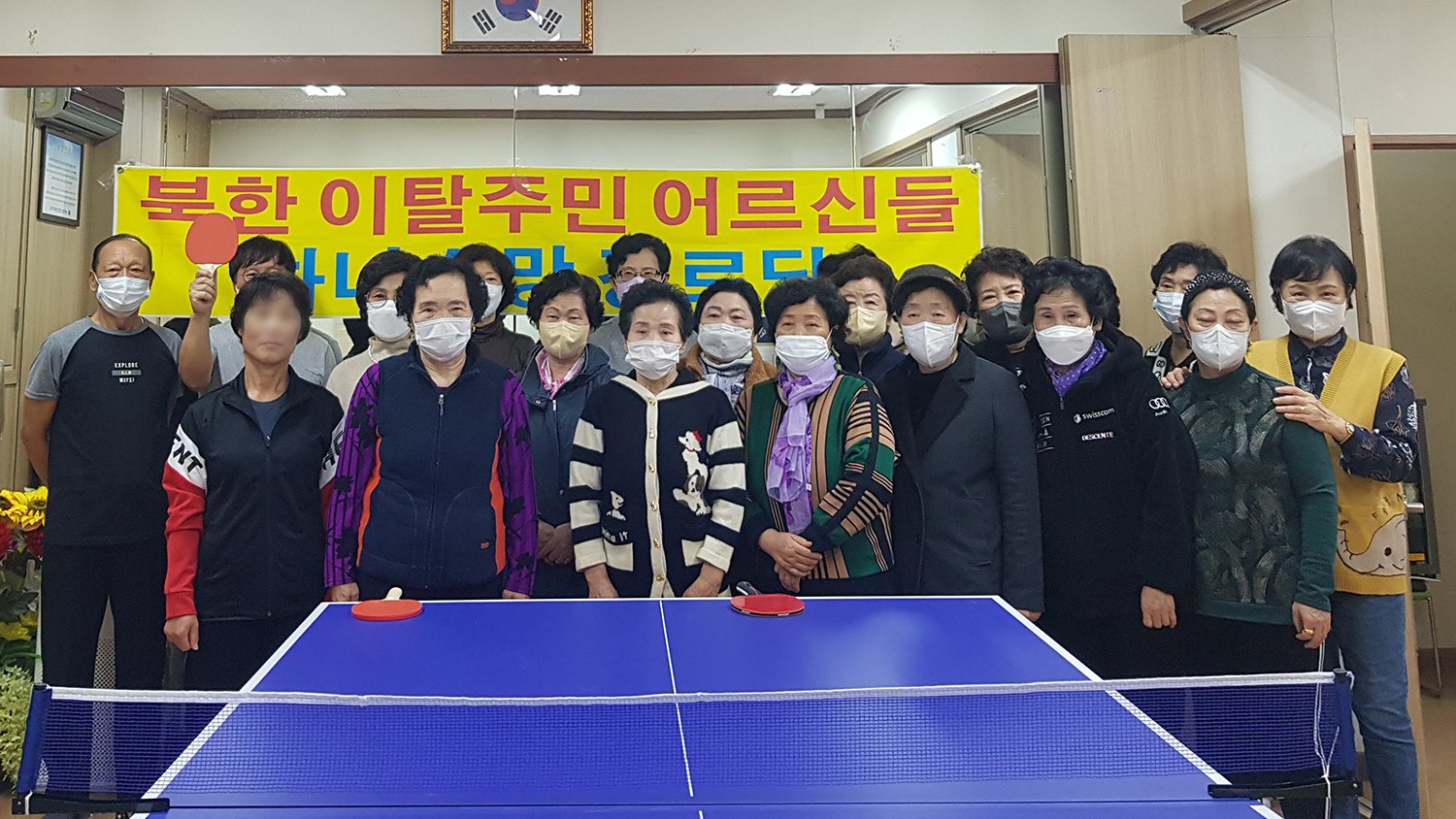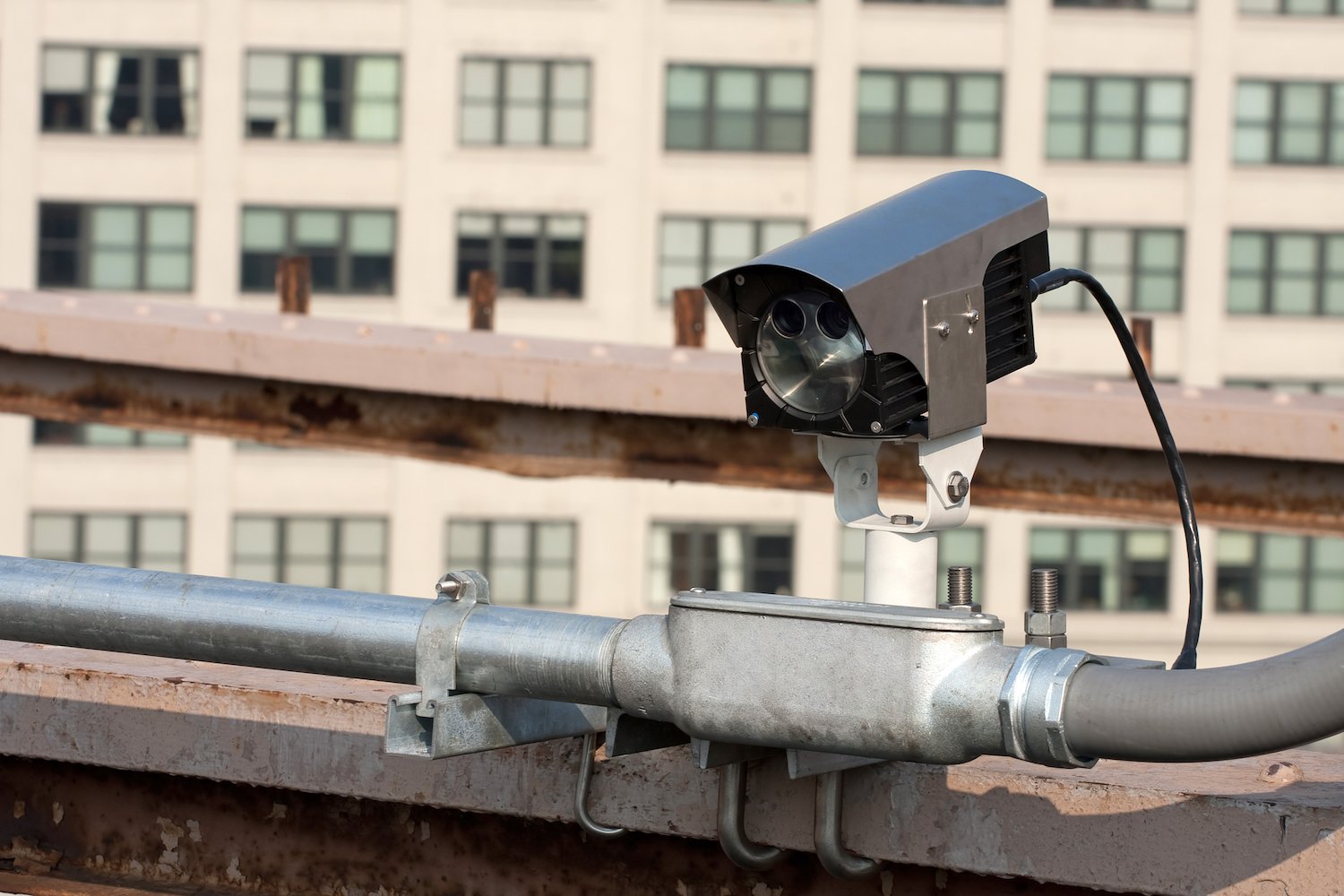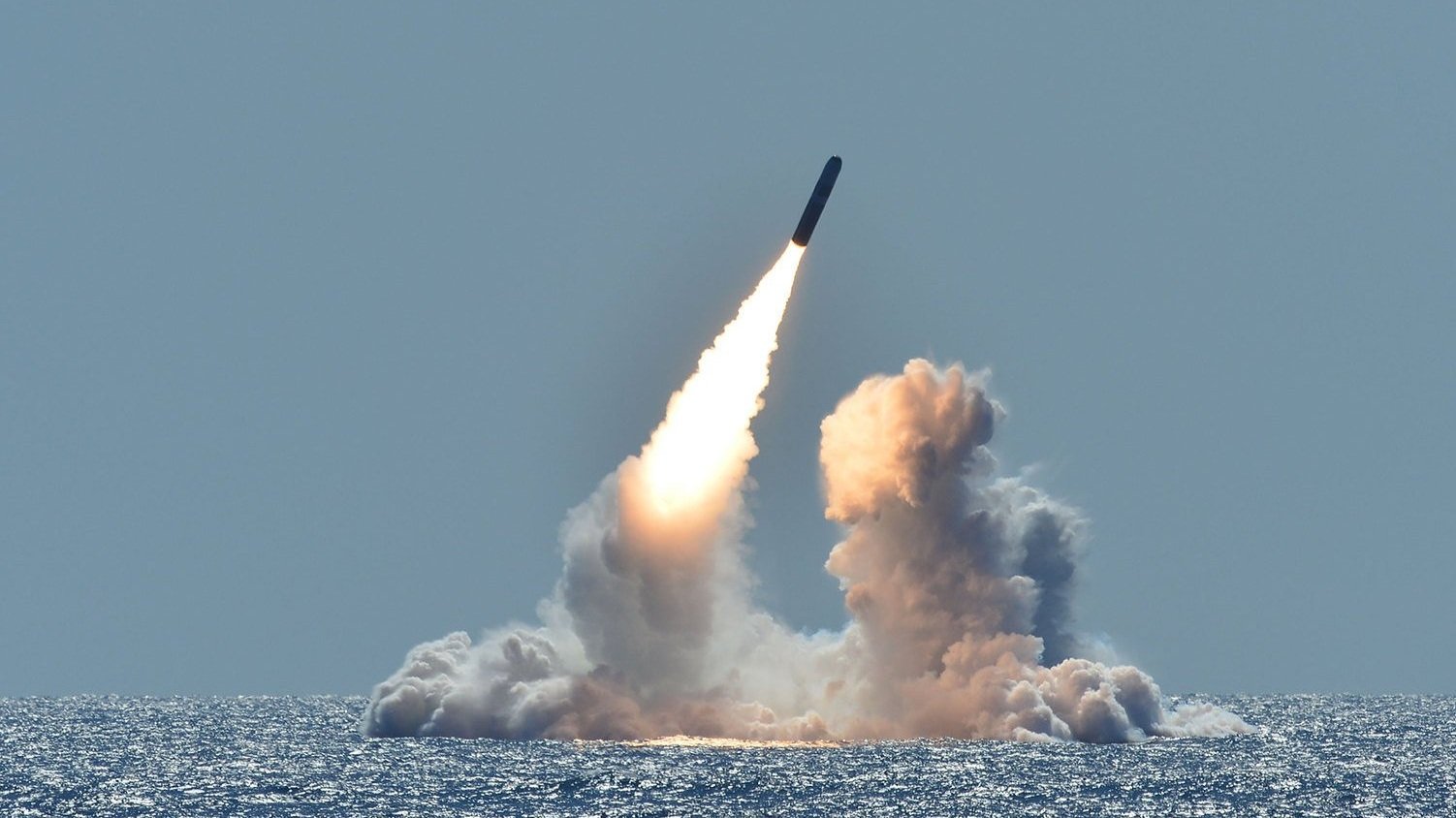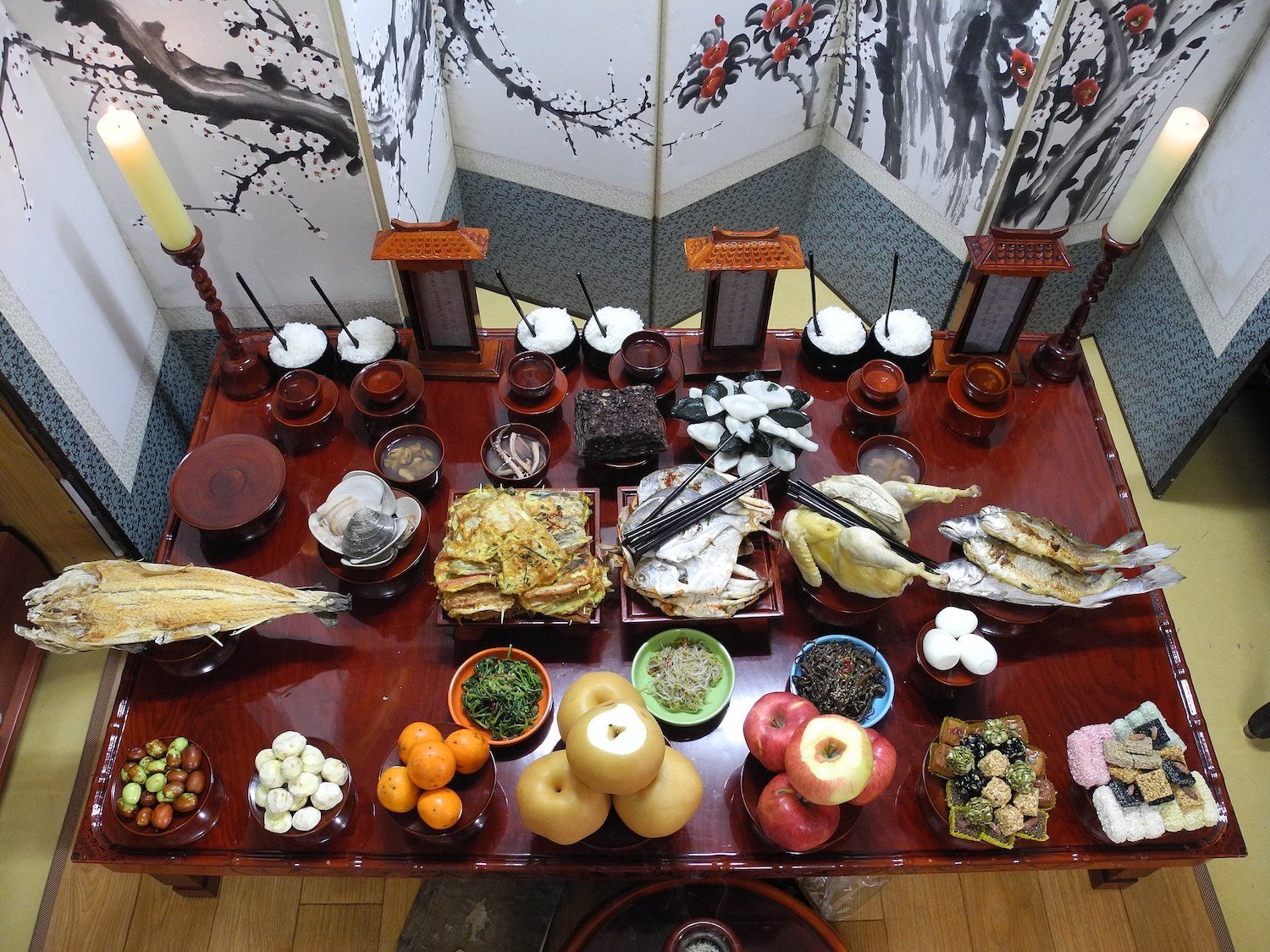NORTH KOREA GIVES OUT EXTRA FOOD TO BOOST BIRTH RATE
Despite chronic food shortages, the authorities are offering families with three or more children extra food twice a year (on the birthdays of North Korea’s former leaders) to boost the country’s birth rate.
Qualified families are given 20 kilograms of corn, two kilograms of fermented soybean paste and a bottle of cooking oil.
However, a source told Radio Free Asia that, “It’s hard for most women to make ends meet just for themselves these days. So who in her right mind would have three or more children, like a fool?”
A declining birth rate is detrimental to a country which heavily relies on raw manpower for its seven-year mandatory military service, as well as for construction, agriculture and mining work.
Source:
https://www.rfa.org/english/news/korea/multiple-children-02142023184314.html
NORTH KOREAN DEFECTORS RECEIVE VACCINATION IN CHINA
Disease control agencies in certain areas in Heilongjiang (China’s northmost province) and the Inner Mongolia Autonomous Region are providing Chinese-made Covid-19 vaccines to North Korea defectors.
The agencies are cooperating with local police to obtain personal information of defectors illegally residing in China.
Local authorities are providing vaccine shots to female defectors living with Chinese nationals at known addresses and male defectors who have been hiding in the mountains and steppes.
Chinese police reportedly told female defectors receiving the Covid-19 shots that they “must not abandon their husbands and children to run away to South Korea or engage in crimes while in contact [with people] in North Korea” and that they must “live well without causing problems.”
However, the vaccination campaign for defectors is limited and many North Korean defectors in China do not have access to vaccines.
Source:
https://www.dailynk.com/english/china-begins-limited-campaign-vaccinate-north-korean-defectors/
Kim Jong Un’s daughter at a military banquet. (KCNA)
KIM JONG-UN’S DAUGHTER’S APPEARANCE FUELS SUCCESSION TALK
Three months since the North Korean leader was seen at a public event with his daughter, Kim Ju-ae has made another appearance at a weapons parade in Pyongyang.
The nine-year-old’s fifth appearance in less than three months has sparked speculations that she would become North Korea’s future leader.
Analysts also noted that there are significant changes in the way she is introduced to the public. For example, state media first described Ju-ae as Kim Jong-un’s “beloved” daughter, but has now elevated her title to Kim’s “respected” daughter.
A recent photo showing the young Ms. Kim seated in the center of the lead table between Kim Jong-un and his wife, and surrounded by senior cadres at a military banquet also adds to an apparent growth in stature.
Source:
https://www.bbc.com/news/world-asia-64581465
https://edition.cnn.com/2023/02/08/asia/north-korea-kim-jong-un-daughter-banquet-intl-hnk/
NORTH KOREA FIRES MISSILE AHEAD OF US-SOUTH KOREA MILITARY DRILLS
On February 17, Pyongyang threatened an “unprecedentedly persistent, strong” response to the annual joint military exercises by the U.S. and South Korea.
North Korea confirmed launching a Hwasong-15 intercontinental ballistic missile (“ICBM”) against hostile forces on February 19.
According to missile expert, Ankit Panda, “The important bit here is that the exercise was ordered day-of, without warning to the crew involved,” adding that “The amount of time between the order and the launch is likely going to be decreased with additional testing.”
State media video footages suggest that North Korea may have created a military unit to operate new ICBMs.












































